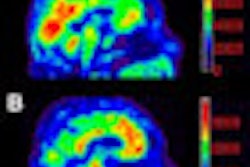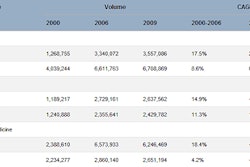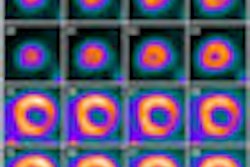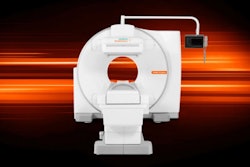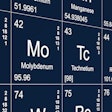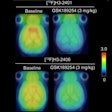An analysis of research from 1999 to 2010 shows PET achieved overall accuracy of 86% in safely and accurately detecting dementia and Alzheimer's disease, according to a new study in the January issue of the Journal of Nuclear Medicine.
Led by Dr. Nicolaas Bohnen, PhD, professor of radiology and neurology at the University of Michigan, researchers concluded that the findings support FDG-PET as an addition to other diagnostic methods used to assess patients with symptoms of dementia (JNM, January 2012, Vol. 53:1, pp. 59-71).
New literature also shows the benefit of FDG-PET for improving physician confidence when diagnosing a patient with dementia, and the modality can lead to earlier treatment and better patient care, the authors added.
According to the World Health Organization, an estimated 18 million people worldwide are currently living with Alzheimer's disease. That number is projected to nearly double by 2025.





